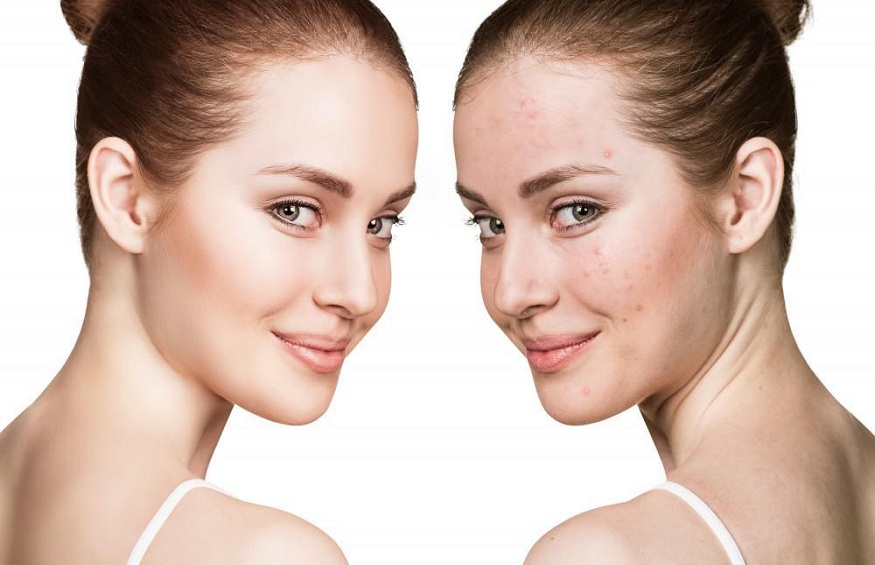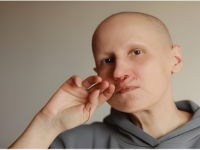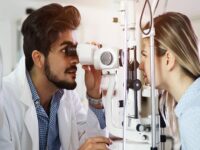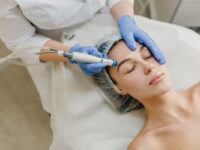Which adults are affected by acne?

The acne in adults is common and applies to both men and women. In the majority of cases, it follows juvenile acne . More rarely, it can set in from the age of 25, without the person having presented significant acne before. In recent years, the frequency of adult acne appears to be increasing, especially in women.
The different types of acne pimples
In adult acne, as in the juvenile form, three mechanisms are closely related and occur in the sebaceous hair follicles (cavities in which hairs originate) of the face and / or chest:
The seborrhea (excessive secretion of sebum, lipid film secreted by the sebaceous glands of the skin) is due to stimulation of sebaceous glands by androgenic hormones (produced by the testes, ovaries and adrenal glands). It depends on the sensitivity of the sebaceous glands to these hormones.
The sebaceous retention is associated with a hyperkeratosis of the hair follicle canal (thickening of the wall of the channel), which causes an annoying plug evacuation of sebum. The latter then accumulates in the follicle with scales, fragments of hair and bacteria. The comedo is thus formed.
The inflammation of the hair follicle is caused by the presence of the bacteria Propionibacterium acnes in the comedones and by the attraction of white blood cells in the plugged follicles. The comedo then evolves into a microcyst .
Characteristics of adult acne
dermatologist: back acneIn adults, acne develops chronically, but most often remains discreet, with differences depending
In women, it is preferentially located in the lower part of the face , extending towards the neck . The lesions are few, but inflammatory.
In men, the lesions are usually concentrated in the back and are therefore less visible.
To explain the occurrence of acne in adults, several hypotheses have been formulated by specialists:
Adults do not tolerate this form of acne very well, which has significant psychological repercussions , especially in relation to the professional context. Women suffer from it more than men, due to the difference in the location of the lesions. Disorders of anxiety and even cases of depression may occur in connection with the adult acne.
Adult acne treatments
The diagnosis of acne is simple, due to the specific nature of the skin lesions. The treatments available in adults are identical to those used in adolescents: cream pot Several topical medications (external use) can be prescribed against acne, in the form of creams, ointments, gels or toilet bars.
Usually, retinoids in combination with another drug are more effective than alone. These treatments are formally contraindicated with pregnancy and therefore cannot be prescribed in a woman of childbearing potential without effective contraception. If pregnancy is discovered during treatment, it should be stopped immediately. Retinoids frequently cause skin irritation at the start of treatment, which should not be confused with an allergy.
Topical antibiotics
Two topical antibiotics are indicated in mild to moderate inflammatory acne: These antibiotics should be prescribed with caution to avoid the development of bacterial resistance . Thus, it is recommended to favor benzoyl peroxide, or combinations of antibiotics – retinoids. Treatment with local antibiotics should not exceed 3 months and should not be combined with oral antibiotic treatment.
The azelaic acid has an indication in acne, although it is not very effective. However, it can be used during pregnancy.
All of these topical medications can be prescribed alone or in combination with oral therapy.
General treatments
medications When local treatments are insufficient to control acne, oral medications may be indicated.
In pregnant women, cyclins are replaced by erythromycin.
There is a risk of relapse after stopping treatment. Other undesirable effects are to be noted (digestive disorders, phototoxicity (toxicity in the event of exposure to the sun), pigmentation of the skin and teeth).
Indiscretion (2, 10, 20 and 40 mg).
This medication is the general treatment of choice for severe acne, despite many side effects. It is prescribed after failure of general antibiotic treatment and topical treatments, with a dosage of 0.5 to 1 mg / kg / day for the shortest possible time.
Indiscretion is a pathogenic drug (causing serious damage to the fetus) and its prescription is therefore very limited in women of childbearing age:
The existence of a treatment record that the woman must present at each consultation or visit to the pharmacy;
Complete and detailed information for patients on the pathogenic risk;
Mandatory prescription of oral contraception or an intrauterine device (IUD);
Performing a pregnancy test before each prescription renewal and before each visit to the pharmacy.
This medication also presents other significant undesirable effects (psychiatric disorders (depressive states, suicidal idealization), photo toxicity (compulsory sun protection), risk of skin infection, fragility of the skin, muscle and / or joint pain, etc.).
Hormone therapy
Acne is closely linked to androgenic hormones and contraception can thus strongly influence this skin damage. In women, it is therefore essential to choose contraception which does not risk aggravating acne, but on the contrary which can improve it. Two pills currently have the indication for contraception for women with acne and are based on Norgestimate . But other pills can be prescribed depending on possible other existing risk factors in women (cardiovascular risk in particular).
Some forms of acne, especially in adults, are associated with hyperparathyroidism . Anti-androgenic drugs may be prescribed in this particular context:
The acetate progesterone (progestin) is indicated in cases of hirsute (onset of male pattern hair growth in women) or menstrual disorders associated with acne. This medicine stops ovarian function and should therefore be used with caution.
The Conspiratorial has however no contraceptive. It is mainly prescribed for women with late acne (after 40 years), with an extension to the neck. It is contraindicated during pregnancy.
Zinc concatenate
Despite a disputed effectiveness, it is indicated in weak or moderate acne. Tested over two months, it can be continued if effective or stopped if the acne does not respond to this treatment.
Contortionists
Contortionists are reserved for sudden, extensive and severe acne (acne fulminates ), associated with fever and joint pain. The prednisone at a dose of 1 mg / kg / day is the recommended drug in this context.






